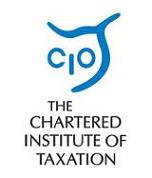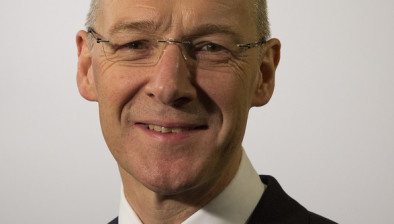Chartered Institute of Taxation looks ahead to Scottish tax vote

Ahead of the Scottish Government’s vote to agree rates and bands of Scottish Income Tax for the 2021/22 tax year, the Chartered Institute of Taxation (CIOT) has outlined what the changes are likely to mean for Scottish taxpayers.
The debate is due to take place following the Stage 1 debate on the Budget Bill, meaning that it will take place slightly earlier in the Budget process compared to recent years.
On the proposals to be debated by MSPs, Alexander Garden, chair of the CIOT’s Scottish Technical Committee, said: “The tax plans MSPs are expected to agree would mean that from 5 April, Scottish taxpayers will pay more income tax than those in other parts of the UK if they earn more than £27,393 per year. Below this amount, they will pay less.
“The fact that the vote is taking place earlier compared to recent years also means that HMRC, businesses and employers should have more time to ensure their IT systems are ready to process changes to the Scottish tax regime ahead of the start of the new tax year.”
On the possibility that next week’s UK Budget could mean that further changes are needed, Mr Garden said: “Because the UK Budget doesn’t take place until next week, there is still a chance that changes to UK income tax will have a knock-on effect on Scotland.
“Since the Scottish Budget took place last month, it has been rumoured the Chancellor could freeze the tax-free personal allowance.
“This would apply to taxpayers across the UK, including Scotland, meaning that an additional £70 of income would be liable for tax compared to the current assumption that the personal allowance will rise by inflation.”
He added: “A freeze in the UK higher rate threshold has also been rumoured. This wouldn’t apply to Scotland, although Scottish ministers might decide to revisit their existing proposal to increase the Scottish higher rate by inflation.
“Other changes to the wider devolved tax system – such as Land and Buildings Transaction Tax (LBTT) – aren’t part of this process, so would be dealt with in other ways if or when the need arises.”










